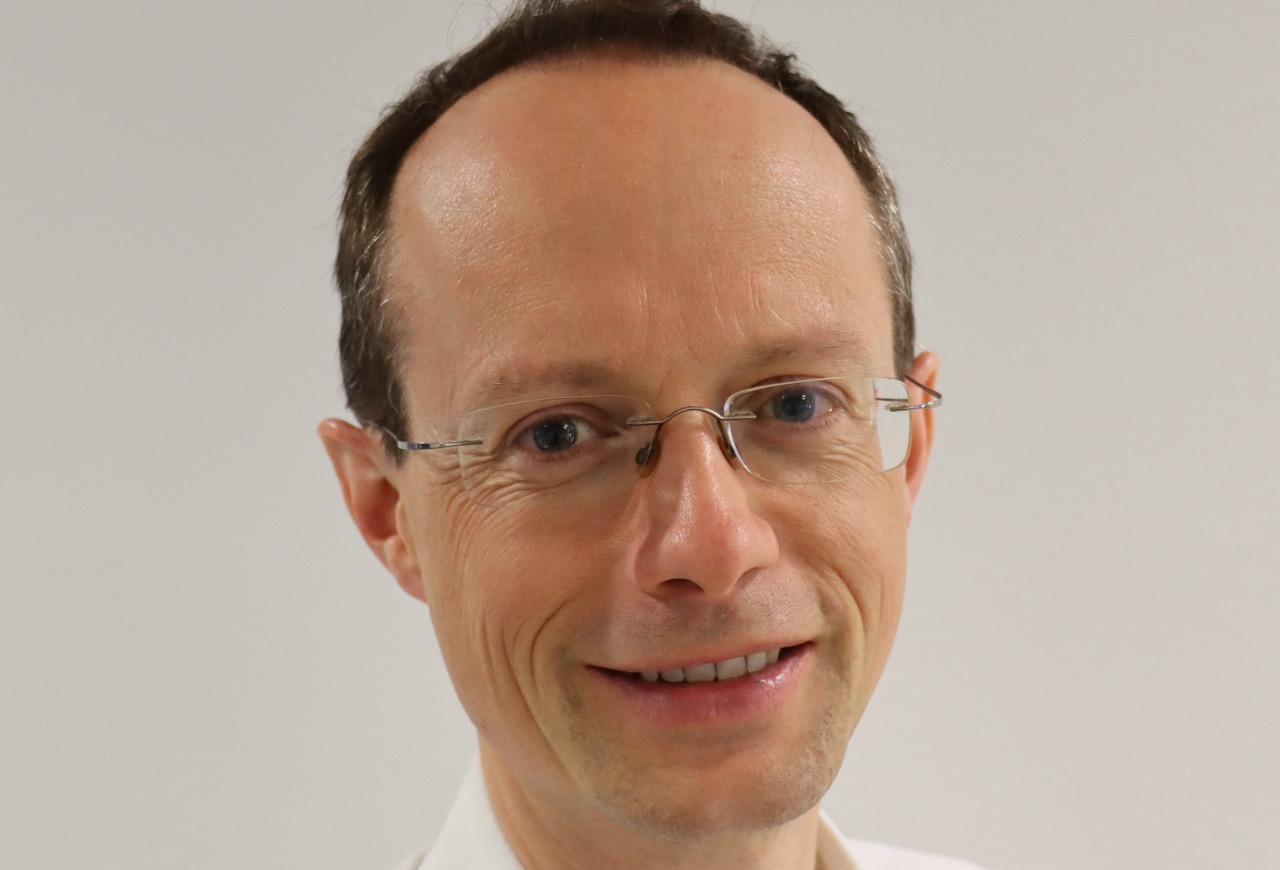As Big Society Capital celebrates its tenth anniversary, CEO Stephen Muers salutes the collective achievements of the UK’s largest social impact-led investor and shares his ideas for future growth

In brief
- Big Society Capital was set up in 2012 with £425m from dormant bank accounts in England, and £200m from the largest UK banks
- BSC has seeded and scaled more than £2.5bn in social impact investment vehicles, with £750 million of its own money alongside £1.8 billion from over 100 institutional investors
- CEO Stephen Muers is brimming with new ideas for the future, including new ways to fulfil government objectives, impact venture capital and ‘tech for good’
Big Society Capital, the UK’s social impact investor, opened for business in April 2012. Reflecting on the last decade, CEO Stephen Muers says: “In terms of our achievements, the thing I am proudest of over the last decade has been the eightfold increase in the size of the social impact market.”
BSC estimates it is now worth over £6 billion, which Muers says is “very exciting since growing the impact market is what we are here to do. Because of our efforts, impact is no longer regarded as a niche in the way it was 10, or even five years ago. The momentum is with us now”. Muers would like to see the UK market double by 2025.

Expanding the impact investing market to include retail investors is very much part of that. To this end, BSC launched an investment trust with Schroders in 2020, which has raised £75m, higher than their original target.
“We believe our investment trust is much more easily accessible to UK investors wishing to make high impact investments, tackling problems such as homelessness and youth disadvantage.”
The partnership with Schroders fits in with a collaborative approach that has been key to BSC’s success. Muers says he is “very proud of the wide range of high-quality impact managers we have assembled”.
He cites several of these, including Big Issue Invest, linked the Big Issue magazine sold by homeless people across the UK. “A lot of people might be surprised to discover when they buy the Big Issue magazine on the street that it actually has a great impact arm, which runs a whole range of funds,” he says.
Other examples Muers gives are Bridges Fund Management which “provides upfront capital to organisations such as West London Zone which is helping 700 deprived children to achieve success” and Resonance who “have a wide range of valuable social impact funds”.
Close relationship with government
In his leadership role at BSC, Muers has further strengthened the group’s close relationship with the UK government. It is highly involved with the UK’s Recovery Loan Scheme, set up to help business recover from the Covid-19 pandemic.
Muers explains the scheme has supported a whole range of charities and organisations such as Power 2, which runs the innovative ‘Teens and Toddlers’ educational programme to help teenagers improve their wellbeing and school engagement through the experience of mentoring nursery children.
Big Society Capital is currently holding what Muers describes as a “critical dialogue” with the UK government about the future of this kind of scheme. He very much hopes that it will continue “since it does not cost very much money and it has had major social impact”.
There is a lot more at stake. The issue of UK dormant bank accounts is back under the spotlight. Recent UK legislation has created a much wider potential pool of dormant capital, bringing in other parts of the pension and insurance funds landscape.
Whilst these funds have not yet been earmarked for Big Society Capital, Muers feels “some of this should be channelled in our direction to grow impact. It’s important for government to use this money in a way which creates the kind of catalytic affect BSC achieves”.
One aspect of the dormant funds issue is a desire to find additional support for areas where government money hasn’t previously reached, such as black entrepreneurs. Muers says: “This is very much part of what happens next, as government is committed to ensuring access to all for finance.”
The next 10 years
Looking forward to the next 10 years, Muers believes that the growth in the social impact market is going to be even “more dramatic”. He adds: “There is the increasing possibility of UK pension funds getting more involved with impact which is very exciting.”
Muers expects BSC’s areas of focus will remain the same. “Housing will continue to be central, and I hope to further grow the number of high-quality social capital partners the group works with. Financial inclusion will also be a main focus.”
An example of this is Wagestream, an alternative “payday lending company” that Muers says “helps the financially insecure cope with the urban jungle”.
Further out, he thinks BSC may also play a role in the UK government’s ‘Levelling up’ strategy, aimed at reducing inequality between the wealthier London and Southeast region, and the less prosperous North.
Muers says “there’s definitely more that could be done here”. He highlights the potential of community development financial institutions (CDFIs), non-profit lending organisations targeted at excluded borrowers.
“The potential here is many times what we are doing at present.”he says.
He is hoping to publish the evidence of what BSC has achieved in this area and to work with members of the British parliament, who are particularly interested in this as a concept.
It’s not going to all be plain sailing. Muers says: “The Ukraine crisis has obviously had a negative impact on the most underprivileged members of society, as energy inflation creates serious issues.”
BSC may also need to step in to assist with the refugee crisis. It has already been involved in the Refugee Transition Outcome Fund, a UK government scheme originally formed to tackle the Afghan refugee crisis.
Muers is certain that “working with mainstream commercial investors is going to be increasingly part of the future for Big Society Capital. This may well mean further involvement with impact venture capital, an area that didn’t exist just a couple of years ago.” Muers expects “a lot of the social impact venture capital which will have real impact will be ‘tech for good’”.
Whichever of these ideas proves most fruitful, a collaborative approach will be front and centre . “Everything we have achieved has been with others – that is the way we work. Our whole philosophy is to build a wider market. There is no way we could deliver impact on our own.”





